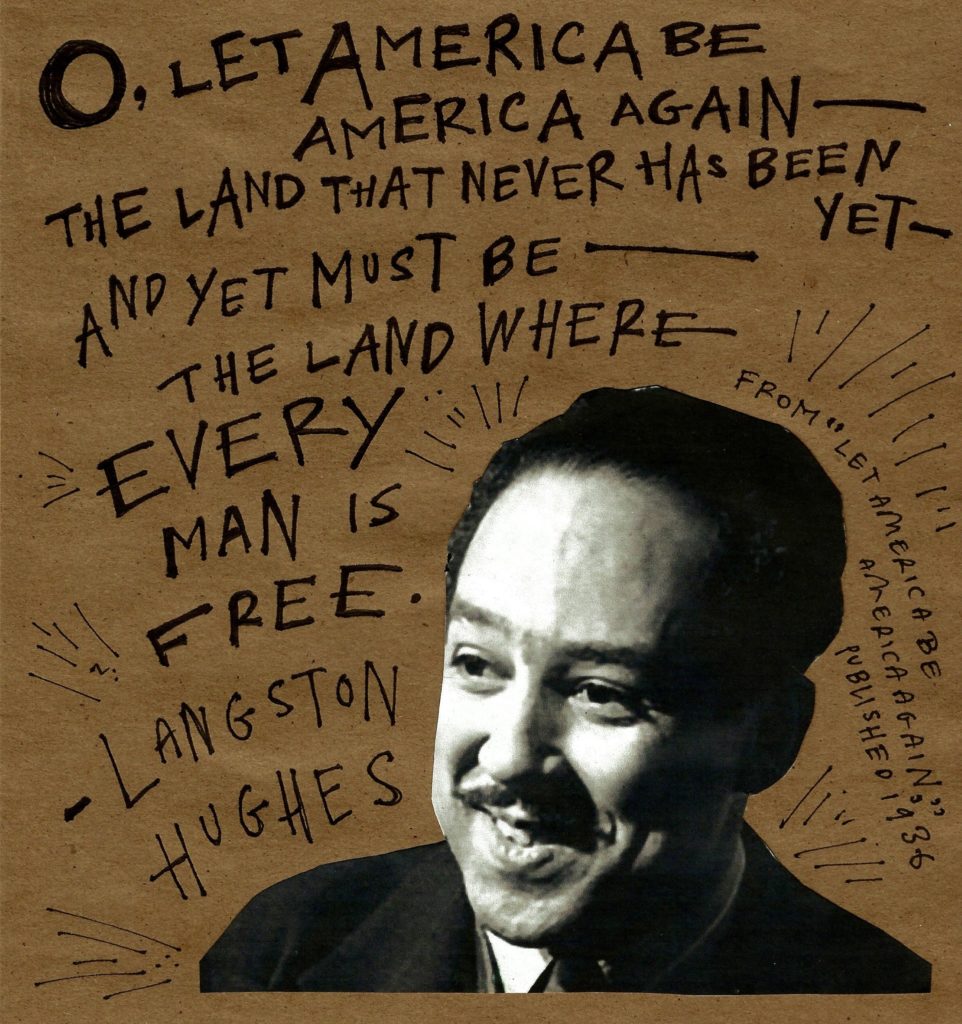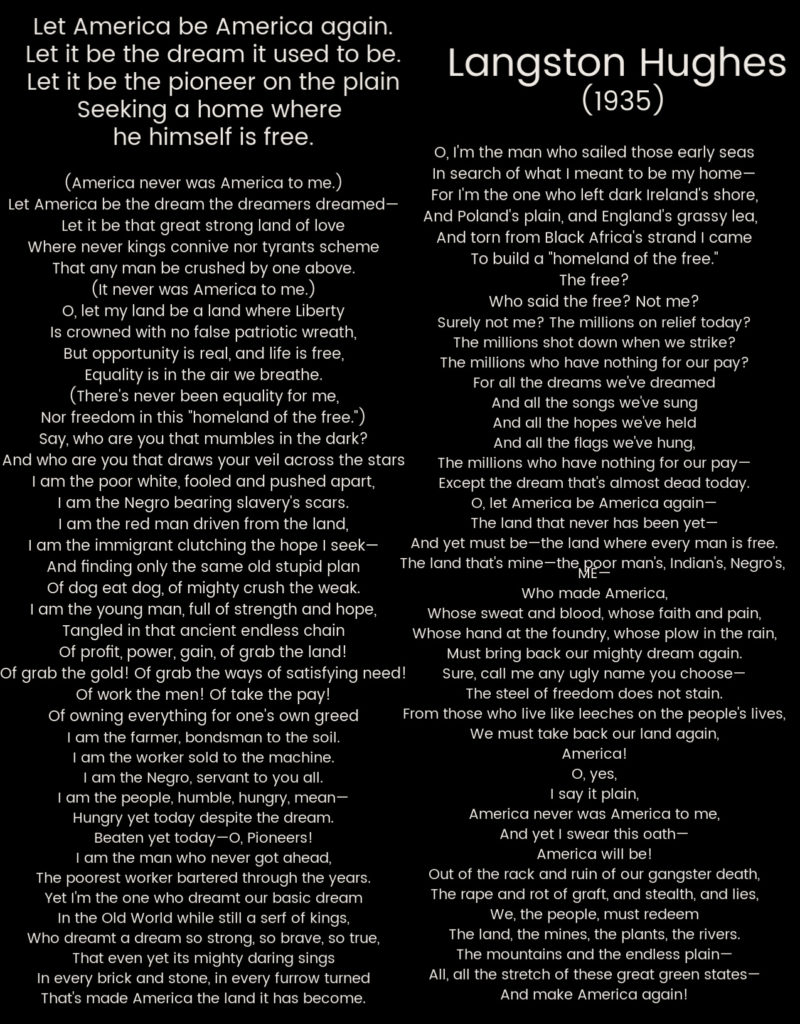As protests and violence erupt across the US, educators who are already struggling to reach students during the coronavirus pandemic, are now searching for ways to help their students cope feelings about the protests.
“It’s hard because as a teacher, you’re not a therapist, you’re not a social worker, you’re not a doctor or a nurse—but those are all roles we take on when you become a teacher…Usually, I’m there to process with students. There’s something about showing up and being in that space together and trying to figure out what it’s going to look like together, and we don’t have that space.” – Evin Shinn, an 11th grade U.S. history and language arts teacher at Cleveland High School in Seattle (blogs.edweek.org).
Future Sacramento’s immediate focus is safety for our students.
As a scholarship provider, our mission is to support students towards their first-in-family college degree. We advocate for education. The more we collectively know – the better choices we can all make.
Study history.
Seek facts.
Use critical thinking to navigate news and word-of-mouth reports
Listen.
Stay safe.
Resources from nonprofits and media outlets that can help guide classroom conversations on race:
The Smithsonian National Museum of African American History and Culture launched an online portal called Talking About Race that’s designed to help steer conversations about racism, racial identity, and the way these forces shape every aspect of society.
https://nmaahc.si.edu/learn/talking-about-race
PBS NewsHour Extra released a lesson plan for grades 6-12 about the death of George Floyd. The plan includes a news video (that omits the footage of Floyd’s death) and discussion questions about the protests, police brutality, and media literacy.
https://www.pbs.org/newshour/extra/daily-videos/the-death-of-george-floyd-sets-off-massive-protests/
Reflecting on inequities and the protests through poetry.

“Let America Be America Again” written in 1935 by American poet Langston Hughes
The poem speaks for the lower-class American, the economically disadvantaged and minority groups, discussing the freedom and equality that they hoped for but were not privileged to experience. “I am the man who never got ahead, The poorest worker bartered through the years.” In his poem, Hughes begins and concludes by conveying his sense of hope about the American Dream, “America never was America to me, And yet I swear this oath — America will be!”


